As hundreds squeezed into a schoolhouse in KwaZulu-Natal for the funeral of slain historian David Rattray, South Africans were struggling to comprehend why the country's crime levels resembled that of a war zone.
Rattray, a renowned Anglo-Zulu War historian and raconteur, put a face internationally on the victims of crime in South Africa when he was shot dead by intruders at his home last weekend.
Speaking at the funeral, KwaZulu-Natal premier Sbu Ndebele urged the country to ensure "that no other David Rattray loses his valuable life because of crime."
Around 19,000 people are murdered each year in South Africa - over four times the average annual death rate of US soldiers during the Vietnam War, as one newspaper commentator pointed out in a striking comparison.
South African Tourism Service Association chief Michael Tatalias also used the war analogy when discussing crime earlier this week. "It's not yet Baghdad but it could become that if we don't act," Tatalias told dpa in an interview.
All the frustration and helplessness South Africans have been feeling for years with regard to crime coalesced in the seemingly senseless killing of Rattray, dubbed one of the country's greatest ambassadors.
At issue is not only the government's failure to make a serious dent into crime figures but its repeated insistence that the situation is "not out of control."
ANC politicians repeatedly point out that most crime figures are down since the party came to power 13 years ago.
What they omit to mention is that in the early 1990s - the basis for their comparison - a quasi-civil war was raging in the townships as rival black factions jostled for power in the run-up to democratic elections. And that while most categories of crimes have shown decreases, the murder rate is still eight times the international average and the number of rapes - 150 per day - is actually increasing.
"It's happening to all of us. No one is safe any more," the head of the National Prosecuting Authority Vusi Pikoli said ominously this week.
That all sections of the population are living in fear was borne out in a survey published this week by the Human Sciences Research Council on attitudes to the 2010 World Cup in South Africa.
Crime - and not cost overruns or delays in developing adequate transport solutions - was seen as the biggest issue surrounding the tournament.
National Police Commissioner Jackie Selebi was incredulous. "I don't know why there's a frenzy around this 2010. I want to say now that 2010 will come and pass - just like the Rugby World Cup (of 1998) passed," he snorted.
The tourist industry, however, is not so convinced. SATRA's Tatalias admitted he was "not too confident in the authorities' ability to control crime" and that there was anecdotal evidence of a recent hike in attacks on tourists.
A Swiss and an Austrian tourist were killed recently, in Cape Town and Johannesburg respectively. Attacks on British holidaymakers on Table Mountain and German tourists in Durban have also marred the otherwise flawless image of a country of beautiful landscapes and cultural diversity.
"Perception is the key. There is the perception and the fear of an increase (in crime). That is not something we can control," Tatalias said, adding SATRA was willing to entertain any reasonable ideas on how to tackle crime.
Tourist industry operators are not the only starting to show signs of stress, the people charged with squaring up to gun-toting tsotsis (thugs) are also feeling the heat.
The South African Police Service is going from station to station to offer stress management programmes for burnt-out officers, who are taking their own lives in uncommonly high numbers. Eighty-nine police officers committed suicide in 2004-2005 - triple the rate for the general population.
-DPA
BR100
15,085
Increased By
112.5 (0.75%)
BR30
44,012
Increased By
987.7 (2.3%)
KSE100
148,618
Increased By
1274.3 (0.86%)
KSE30
45,248
Increased By
370.7 (0.83%)













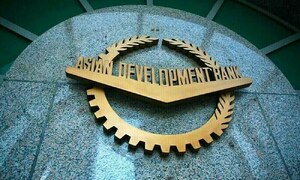
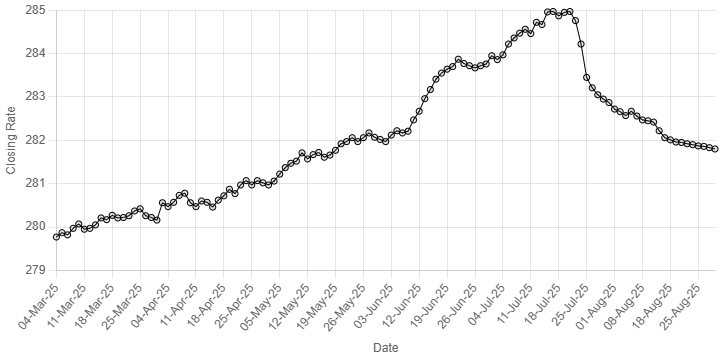

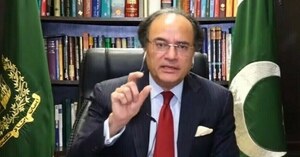

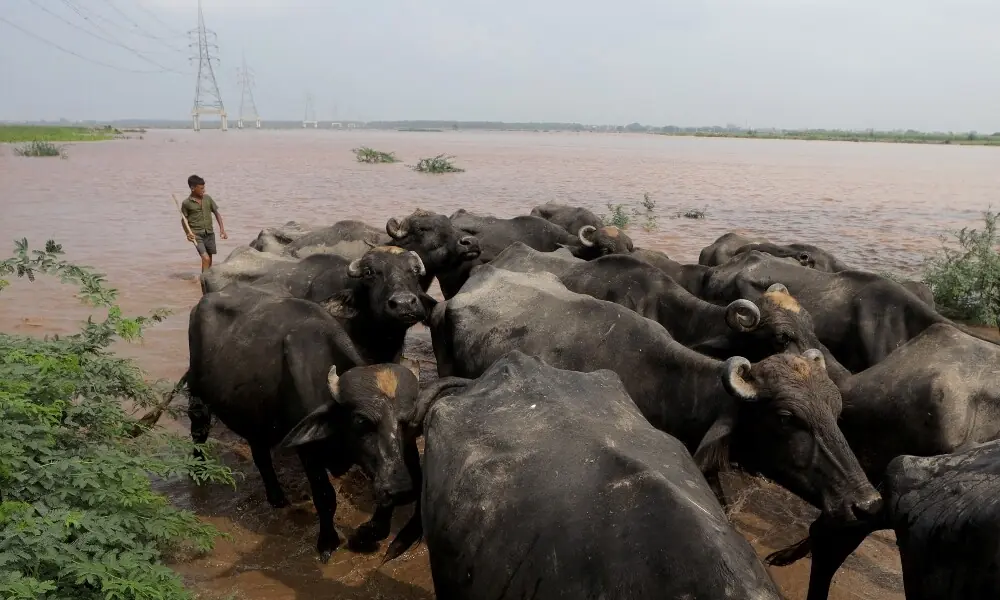
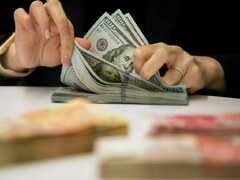

Comments
Comments are closed.